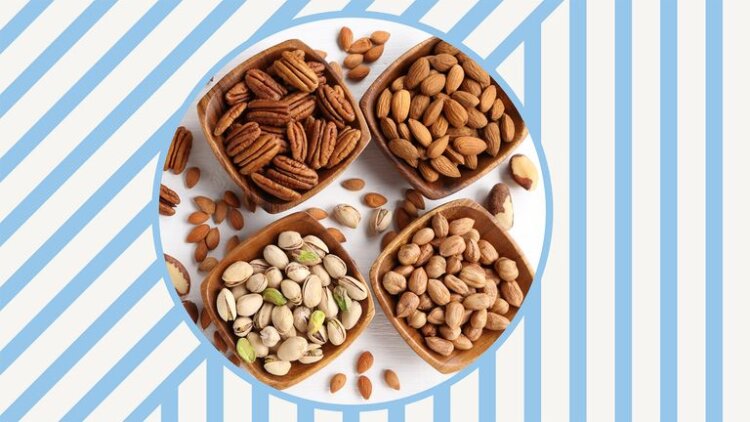Maintaining strong and healthy bones is essential, and while dairy products are generally associated with bone health due to their calcium content, there are some non-dairy foods that can also contribute to maintaining good bone health. The following 5 non-dairy foods are good for bone health:
5 Foods Fo Bone Health
- Leafy Green Vegetables: Leafy greens such as kale, spinach, collard greens, and Swiss chard are excellent sources of calcium, as well as other bone-healthy nutrients like vitamin K, magnesium, and folate. These nutrients play a crucial role in bone formation and maintenance.
- Fortified Plant-Based Milk Alternatives: Many plant-based milk alternatives, such as almond milk, soy milk, and oat milk, are often fortified with calcium and vitamin D, which are vital for bone health. Choose unsweetened varieties and check the labels to ensure they are fortified.
- Legumes: Legumes, including beans, lentils, and chickpeas, are not only rich in plant-based protein but also provide essential minerals like calcium, magnesium, and phosphorus. These minerals are important for bone health and contribute to maintaining bone density.
- Nuts and Seeds: Nuts and seeds, such as almonds, sesame seeds, chia seeds, and flaxseeds, are packed with nutrients that support bone health. They are good sources of calcium, magnesium, phosphorus, and healthy fats, which play a role in bone development and strength.
- Fatty Fish: Fatty fish like salmon, sardines, and mackerel are rich in omega-3 fatty acids, which have anti-inflammatory properties and may help improve bone health. Additionally, fatty fish provide vitamin D, which aids in calcium absorption and supports bone health.
It’s important to remember that although these non-dairy meals support healthy bones, they might not contain as much calcium as dairy products. Consequently, it’s critical to make sure you’re getting enough calcium from a variety of non-dairy sources, as well as from other meals high in calcium or supplements, if needed. Overall bone health is also influenced by leading a healthy lifestyle that includes weight-bearing activities, adequate vitamin D levels, abstaining from tobacco and alcohol, and so on. For individualized advice, it is best to speak with a medical practitioner or a certified dietician if you have particular concerns regarding the health of your bones.
Source:In







 Finance
Finance







